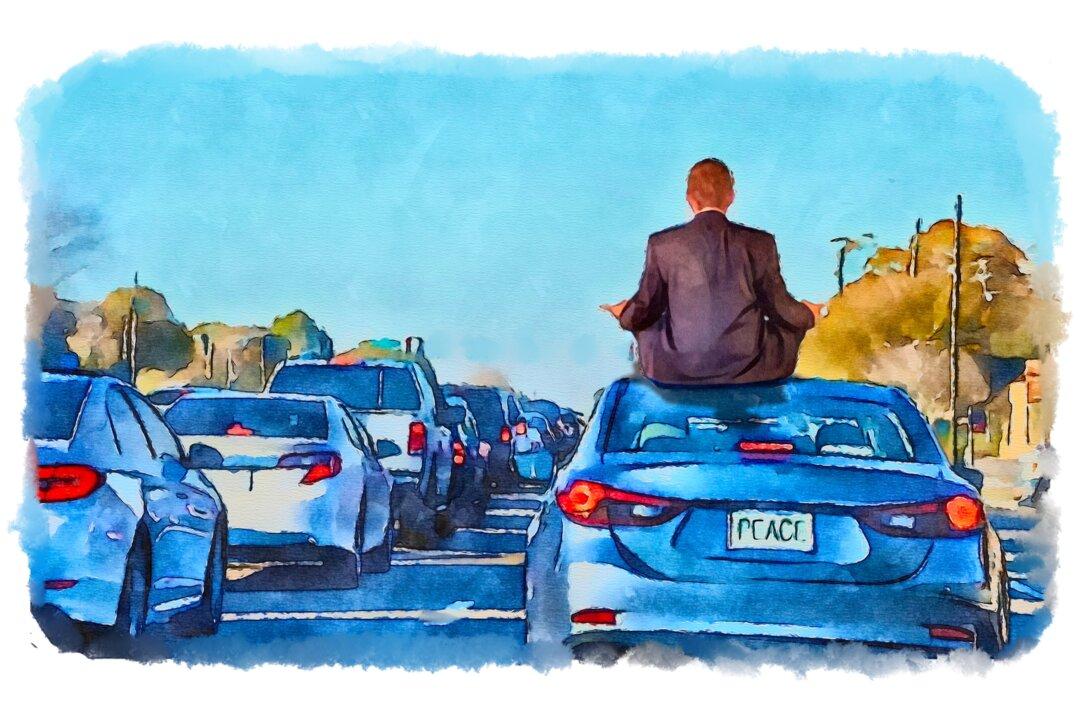Recently, while reading some stories from Leo Tolstoy’s “Walk in the Light and Twenty-Three Tales,” it struck me how many of his characters were prisoners of time and circumstance.
“What Men Live By” features a fallen angel, Michael, who lives as a human being for years while seeking answers to three questions that God has demanded from him for his disobedience. In “God Sees the Truth, But Waits,” a merchant, Aksyonov, spends 26 years in Siberia for a crime that he didn’t commit. Impatient to go home and throwing caution aside, in “The Prisoner in the Caucasus,” Zhilin, a soldier, is captured by the Tartars and held for long months as their prisoner. All three characters require a rucksack of patience to endure their ordeals.






